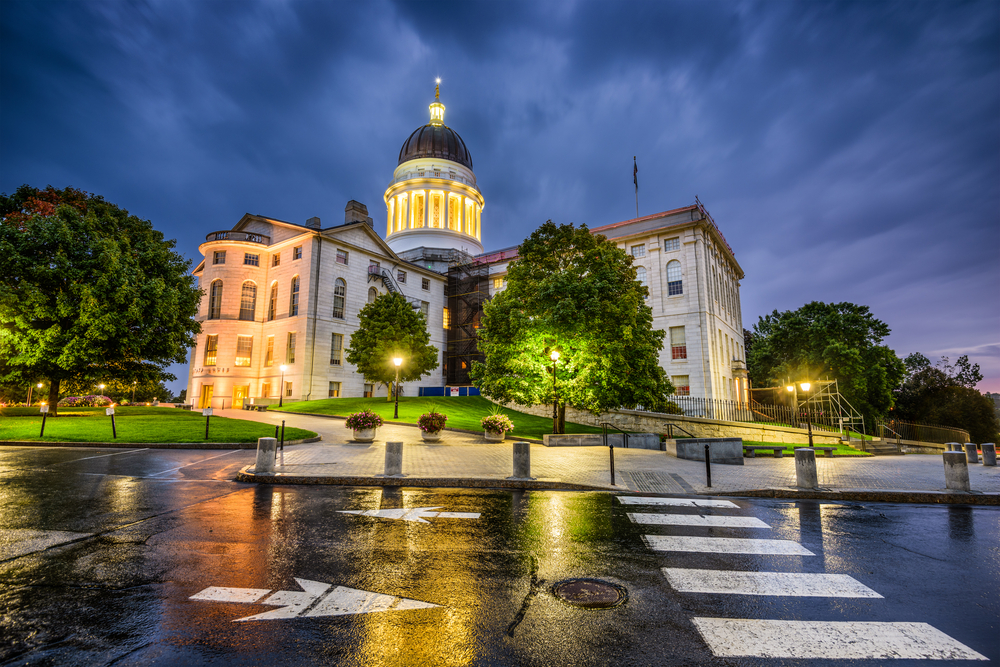Sports betting will not be coming to the state of Maine for now, after Governor Janet Mills vetoed a bill that would have regulated the vertical.
The bill had originally been filed in January 2019 and passed last June. However, it failed to clear the final hurdle and players in Maine will have to wait a bit longer to wager.
Why was the bill vetoed?
Gov. Mills released a veto letter to explain her decision, stating that she didn’t feel the state was ready to welcome sports betting yet. Her words were as follows.
“I believe this bill is a good effort by those who wish to bring out into the open a black market activity that is practised by many and want to regulate that activity, without over-regulating or overtaxing it so as to drive it back underground.
“But, respectfully, I remain unconvinced at this time that the majority of Maine people are ready to legalize, support, endorse or promote betting on competitive athletic events.”
The Senate passed Legislative Document 553 on 19th June 2019, which was the final day of last year’s legislative session. However, nothing progressed for six months. This was mainly because of a clause in Maine’s constitution, titled Article IV, Part III. This states that the governor isn’t obliged to sign or veto a bill at the end of a session, until 10 days after the following one begins.
The bill would have been passed through law without further obstacles, had Mills not vetoed it.
What happens now?
For the time being, sports betting in Maine is on hold. The state’s governor argued that she’d prefer to measure the success of other US sports betting markets, before deciding whether or not Maine should follow suit. Mills also referred to the number of states looking to introduce the vertical as a “frenzy”.
The governor also mentioned that PASPA’s repeal wasn’t an order to legalize sports betting. Instead, she said: “The Supreme Court said that we could regulate it; that doesn’t mean we have to”.
What would the bill have allowed?
Had the legislation been approved, mobile sportsbooks would have been able to apply for licences without requiring a brick-and-mortar partner here. They would also have been taxed at 16% of their sports betting revenue.
Land-based venues – such as commercial racetracks, off-track betting facilities, and commercial and tribal casinos – would also have had access to sports betting. These operators would have paid 10% in tax.







